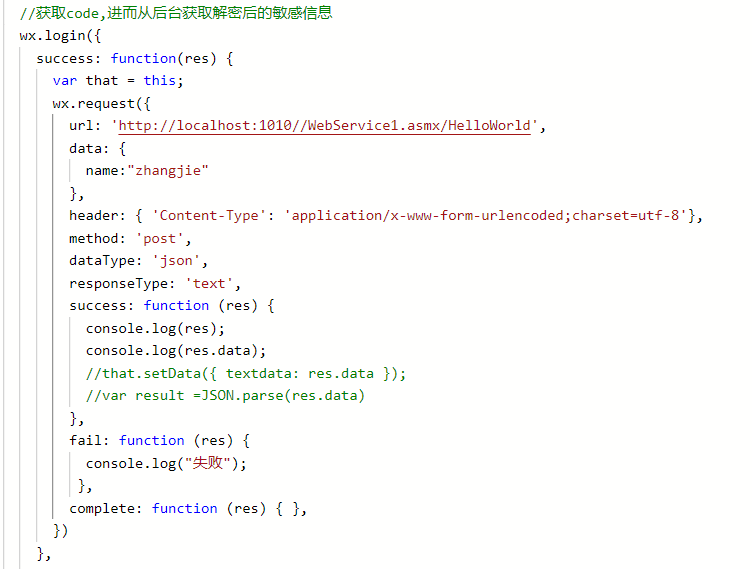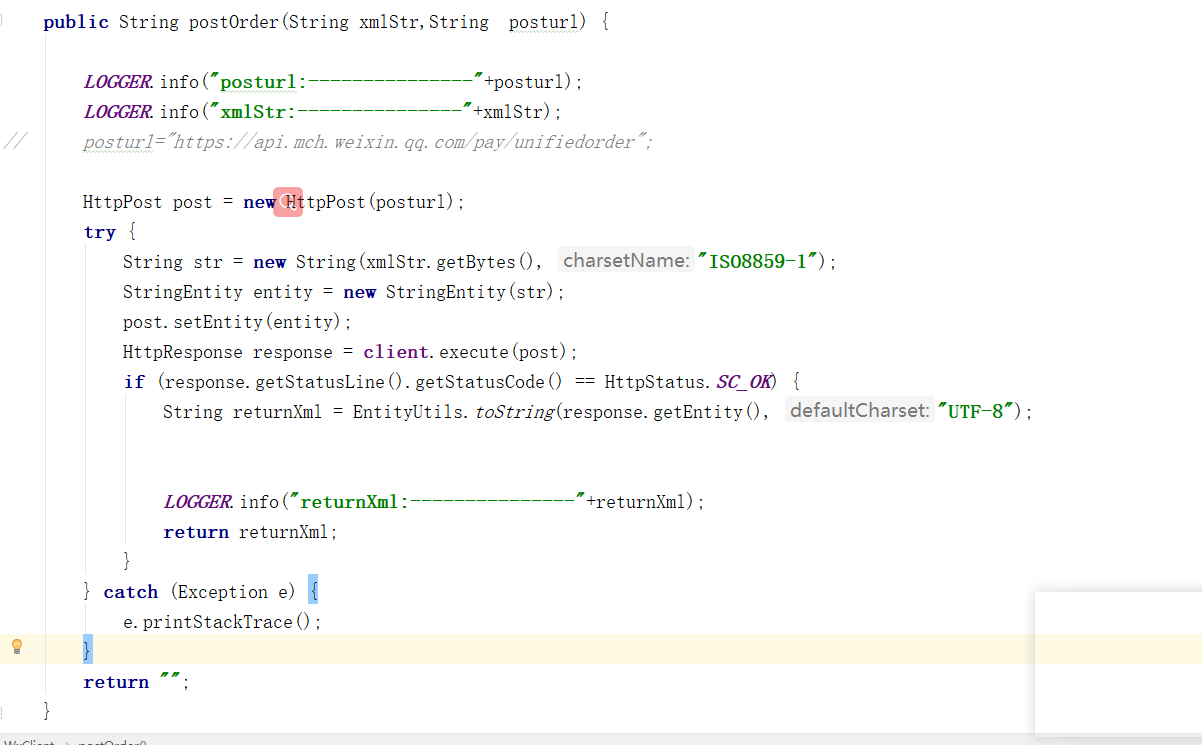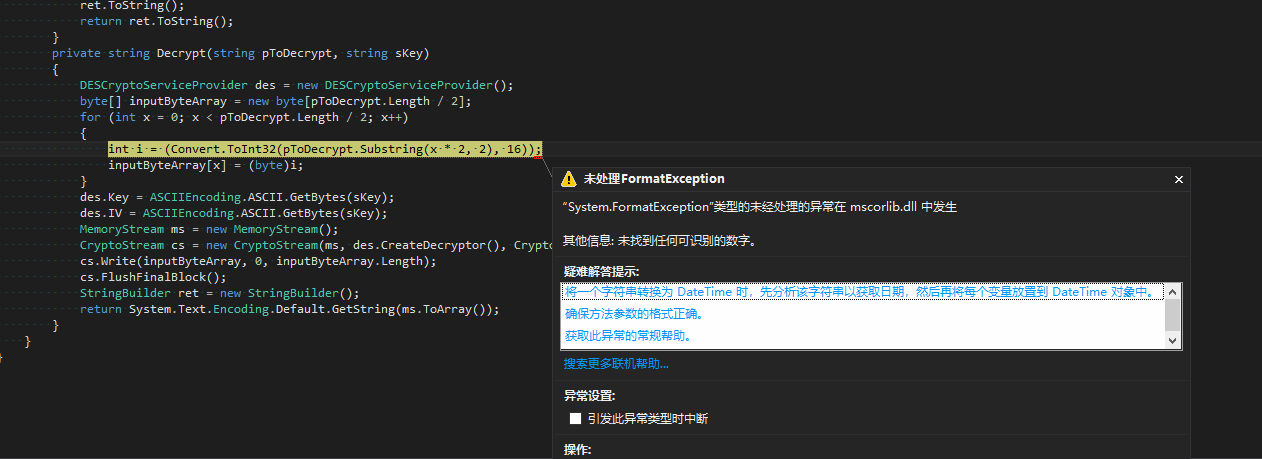可以将文章内容翻译成中文,广告屏蔽插件可能会导致该功能失效(如失效,请关闭广告屏蔽插件后再试):
问题:
I know I am not the first to ask about this, but I can't find an answer in the previous questions. I have this in one component
<div class="col-sm-5">
<laps
[lapsData]="rawLapsData"
[selectedTps]="selectedTps"
(lapsHandler)="lapsHandler($event)">
</laps>
</div>
<map
[lapsData]="rawLapsData"
class="col-sm-7">
</map>
In the controller rawLapsdata gets mutated from time to time.
In laps, the data is output as HTML in a tabular format. This changes whenever rawLapsdata changes.
My map component needs to use ngOnChanges as a trigger to redraw markers on a Google Map. The problem is that ngOnChanges does not fire when rawLapsData changes in the parent. What can I do?
import {Component, Input, OnInit, OnChanges, SimpleChange} from 'angular2/core';
@Component({
selector: 'map',
templateUrl: './components/edMap/edMap.html',
styleUrls: ['./components/edMap/edMap.css']
})
export class MapCmp implements OnInit, OnChanges {
@Input() lapsData: any;
map: google.maps.Map;
ngOnInit() {
...
}
ngOnChanges(changes: { [propName: string]: SimpleChange }) {
console.log('ngOnChanges = ', changes['lapsData']);
if (this.map) this.drawMarkers();
}
Update: ngOnChanges is not working, but it looks as though lapsData is being updated. In the ngInit is an event listener for zoom changes that also calls this.drawmarkers. When I change the zoom I do indeed see a change in markers. So the only issue is that I don't get the notification at the time the input data changes.
In the parent, I have this line. (Recall that the change is reflected in laps, but not in map).
this.rawLapsData = deletePoints(this.rawLapsData, this.selectedTps);
And note that this.rawLapsData is itself a pointer to the middle of a large json object
this.rawLapsData = this.main.data.TrainingCenterDatabase.Activities[0].Activity[0].Lap;
回答1:
rawLapsData continues to point to the same array, even if you modify the contents of the array (e.g., add items, remove items, change an item).
During change detection, when Angular checks components' input properties for change, it uses (essentially) === for dirty checking. For arrays, this means the array references (only) are dirty checked. Since the rawLapsData array reference isn't changing, ngOnChanges() will not be called.
I can think of two possible solutions:
Implement ngDoCheck() and perform your own change detection logic to determine if the array contents have changed. (The Lifecycle Hooks doc has an example.)
Assign a new array to rawLapsData whenever you make any changes to the array contents. Then ngOnChanges() will be called because the array (reference) will appear as a change.
In your answer, you came up with another solution.
Repeating some comments here on the OP:
I still don't see how laps can pick up on the change (surely it must be using something equivalent to ngOnChanges() itself?) while map can't.
- In the
laps component your code/template loops over each entry in the lapsData array, and displays the contents, so there are Angular bindings on each piece of data that is displayed.
- Even when Angular doesn't detect any changes to a component's input properties (using
=== checking), it still (by default) dirty checks all of the template bindings. When any of those change, Angular will update the DOM. That's what you are seeing.
- The
maps component likely doesn't have any bindings in its template to its lapsData input property, right? That would explain the difference.
Note that lapsData in both components and rawLapsData in the parent component all point to the same/one array. So even though Angular doesn't notice any (reference) changes to the lapsData input properties, the components "get"/see any array contents changes because they all share/reference that one array. We don't need Angular to propagate these changes, like we would with a primitive type (string, number, boolean). But with a primitive type, any change to the value would always trigger ngOnChanges() – which is something you exploit in your answer/solution.
As you probably figured out by now object input properties have the same behavior as array input properties.
回答2:
Not the cleanest approach, but you can just clone the object each time you change the value?
rawLapsData = Object.assign({}, rawLapsData);
I think I would prefer this approach over implementing your own ngDoCheck() but maybe someone like @GünterZöchbauer could chime in.
回答3:
As an extension to Mark Rajcok's second solution
Assign a new array to rawLapsData whenever you make any changes to the
array contents. Then ngOnChanges() will be called because the array
(reference) will appear as a change
you can clone the contents of the array like this:
rawLapsData = rawLapsData.slice(0);
I am mentioning this because
rawLapsData = Object.assign({}, rawLapsData);
didn't work for me. I hope this helps.
回答4:
If the data comes from an external library you might need to run the data upate statement within zone.run(...). Inject zone: NgZone for this. If you can run the instantiation of the external library within zone.run() already, then you might not need zone.run() later.
回答5:
Use ChangeDetectorRef.detectChanges() to tell Angular to run a change detection when you edit a nested object (that it misses with its dirty checking).
回答6:
My 'hack' solution is
<div class="col-sm-5">
<laps
[lapsData]="rawLapsData"
[selectedTps]="selectedTps"
(lapsHandler)="lapsHandler($event)">
</laps>
</div>
<map
[lapsData]="rawLapsData"
[selectedTps]="selectedTps" // <--------
class="col-sm-7">
</map>
selectedTps changes at the same time as rawLapsData and that gives map another chance to detect the change through a simpler object primitive type. It is NOT elegant, but it works.
回答7:
In Case of Arrays you can do it like this:
In .ts file (Parent component) where you are updating your rawLapsData do it like this:
rawLapsData = somevalue; // change detection will not happen
Solution:
rawLapsData = {...somevalue}; //change detection will happen
and ngOnChanges will called in child component
回答8:
Here's a hack that just got me out of trouble with this one.
So a similar scenario to the OP - I've got a nested Angular component that needs data passed down to it, but the input points to an array, and as mentioned above, Angular doesn't see a change as it does not examine the contents of the array.
So to fix it I convert the array to a string for Angular to detect a change, and then in the nested component I split(',') the string back to an array and its happy days again.
回答9:
Change detection is not triggered when you change a property of an object (including nested object). One solution would be to reassign a new object reference using 'lodash' clone() function.
import * as _ from 'lodash';
this.foo = _.clone(this.foo);
回答10:
I stumbled upon the same need. And I read a lot on this so, here is my copper on the subject.
If you want your change detection on push, then you would have it when you change a value of an object inside right ? And you also would have it if somehow, you remove objects.
As already said, use of changeDetectionStrategy.onPush
Say you have this component you made, with changeDetectionStrategy.onPush:
<component [collection]="myCollection"></component>
Then you'd push an item and trigger the change detection :
myCollection.push(anItem);
refresh();
or you'd remove an item and trigger the change detection :
myCollection.splice(0,1);
refresh();
or you'd change an attrbibute value for an item and trigger the change detection :
myCollection[5].attribute = 'new value';
refresh();
Content of refresh :
refresh() : void {
this.myCollection = this.myCollection.slice();
}
The slice method returns the exact same Array, and the [ = ] sign make a new reference to it, triggering the change detection every time you need it. Easy and readable :)
Regards,
回答11:
I have tried all the solutions mentioned here, but for some reason ngOnChanges() still did not fire for me. So I called it with this.ngOnChanges() after calling the service that repopulates my arrays and it worked .... correct? probably not. Neat? hell no. Works? yes!
回答12:
I have 2 solutions to resolve your problem
- Use
ngDoCheck to detect object data changed or not
- Assign
object to a new memory address by object = Object.create(object) from parent component.
回答13:
ok so my solution for this was:
this.arrayWeNeed.DoWhatWeNeedWithThisArray();
const tempArray = [...arrayWeNeed];
this.arrayWeNeed = [];
this.arrayWeNeed = tempArray;
And this trigger me ngOnChanges




